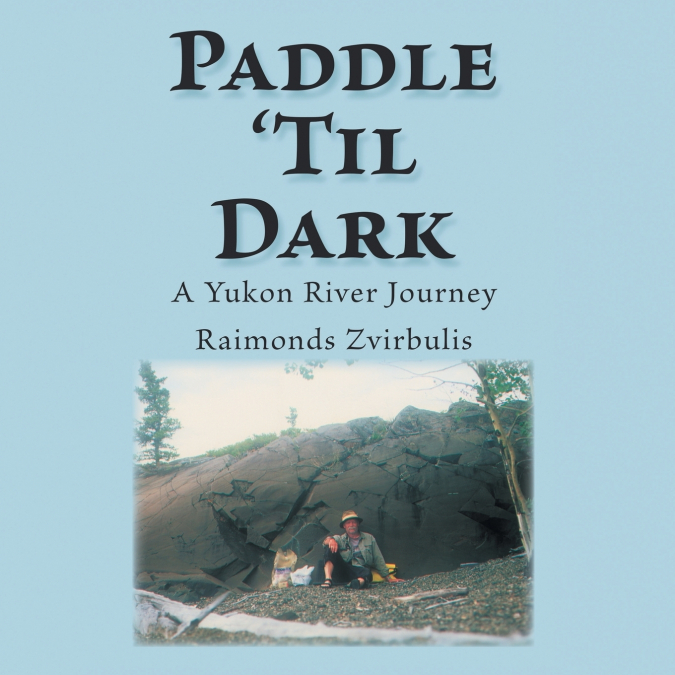
 Librería Perelló (Valencia)
Librería Perelló (Valencia)
 Librería Aciertas (Toledo)
Librería Aciertas (Toledo)
 Librería Elías (Asturias)
Librería Elías (Asturias)
 Donde los libros
Donde los libros
 El AlmaZen del Alquimista (Sevilla)
El AlmaZen del Alquimista (Sevilla)
 Librería Kolima (Madrid)
Librería Kolima (Madrid)
 Librería Proteo (Málaga)
Librería Proteo (Málaga)
This solo wilderness, kayaking journey began many years ago, years before I even knew anything about kayaks and paddling down remote, legendary rivers. Poring over maps of those places revealed very little. The blank spaces spread far and wide. At last, after decades of dreaming, I stood on the shore of Lake Atlin in British Columbia, where the headwaters of the Yukon River are. I stood there and thought about all those hope-filled years and was thrilled at the anticipation of leaving that morning in mid-June. Crossing the expanse of Lake Atlin in a fine mist, I guided the kayak toward Graham Channel, which would take me to Tagish Lake. There I met Jim and Marion Brook at their cabin. After hot coffee and freshly baked cookies, they sent me on my way. They were the first of many people who helped me on my journey.That evening, having found the 'perfect' campsite, I inspected the area for bear tracks. Finding none, I started a large campfire before setting up the tent. Supper had been eaten at a previous stop, so there was no cooking where I stayed for the night. This was the procedure I followed every night. It kept animals bigger and hungrier than me from visiting my campsites.As I paddled down the lakes, I stopped at villages such as Tagish, I paddled down Marsh Lake and down dangerous Lake Laberge, and I stopped in historic towns such as Whitehorse and Dawson City. I passed by wrecked and beached steamboats from the gold rush days and finally crossed the US/Canadian line into Alaska. I had paddled through a forest fire so immense that it took a day to pass the flames. The current carried me past Eagle, Circle City, though the Yukon flats (where the river was ten to twenty miles wide); and I crossed the Arctic Circle at Fort Yukon. Then came the small villages of Beaver, Stevens Village, and then the oil pipeline.I paddled on to Rampart, where the fierce head wind nearly drove me back upstream. Next, I passed through Tanana, where I met Emmet Peter, who won the Iditarod long ago, then on to Ruby, Galena, Nulato, and Holy Cross, where Bergie Demientieff served me coffee and gave good advice.Finally, I arrived at Russian Mission, where I ran out of time after fifty-one days and two thousand miles of paddling my kayak. There Harvey Pitka and his wife, Ester, fed me a wonderful dinner before I flew out. As the plane climbed and banked toward Bethel, I knew that I would return one day to finish my kayak trip to the Bering Sea.